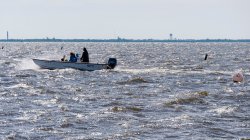Join us and get wet as we explore the other 70% of the planet!
Marine Biology and Coastal Sciences represents the wide variety of ecosystems that are linked through water. Study in this field encompasses freshwater lakes and streams, estuaries and coastal marine habitats. These are critical environments for numerous plants and animals, but can be compromised by human activities. Students pursuing this major want to understand the relationships among plants, animals and humans while learning how to protect and restore these necessary ecosystems.
The interdisciplinary Marine Biology and Coastal Sciences programs emphasize the four core sciences: Biology, Geology, Chemistry and Physics.
The program objectives are three-fold:
- Provide a well-defined, comprehensive knowledge of the disciplines associated with the coastal sciences and marine biology.
- Provide appropriate training for professional employment and knowledge to be prepared for a doctoral program.
- Provide students with research experiences applying project development and implementation, data gathering, analysis and interpretation and publication of results.
Graduates will be well prepared to enter the work force in Research, Environmental Consulting, Education, Regulatory Agencies (e.g. EPA) and Non-Profit Organizations.
Programs of Study
The Biology department offers opportunities in marine biology for both undergraduate and graduate students. Those looking for a fast track can also explore the combined program, providing the opportunity to earn both degrees in five years!
Contact
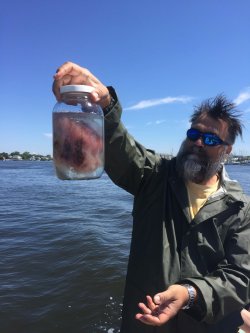
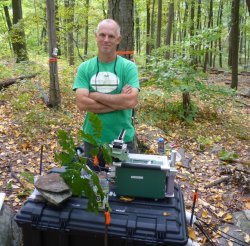
Chairperson, College of Science and Mathematics
- Phone
- 973-655-5265
- vanderkleid@montclair.edu
Reach out to Dr. Bologna with questions regarding the program, and Dr. Vanderklein with forms that require department chair approvals.
Research
Students in the program engage in both undergraduate and graduate research. Research opportunities abound in marine biology, aquatic ecology, geosciences, and environmental sciences for students in the program. Many student research projects are presented at regional and national meetings and many have been published in research journals.
News, Media & Resources
News
- The 6 stinging jellyfish you'll want to avoid at the Jersey ShoreDr. Paul Bologna, Professor, Biology, spoke with Asbury Park Press about the various jellies in our areaThursday July 18, 2024
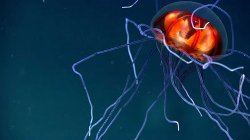
- Larger numbers of invasive clinging jellyfish turn up in Jersey Shore back baysSmall in size but with a painful sting so potent it could require a trip to the hospital, these jellyfish have turned up mostly in back bays from Monmouth County all the way to Cape MayTuesday July 2, 2024
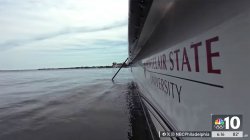
- Clinging Jellyfish Make their Return to the Jersey ShoreDr. Paul Bologna, Professor of Biology, has spoken with multiple news sources to inform and prepare people of the species' return to NJ shoresMonday June 5, 2023
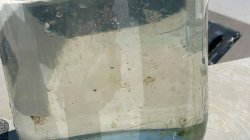
- College Students Work to Restore Protective Eelgrass Off NJ ShoreDr. Bologna and his students went into the waters of Barnegat Bay Thursday for an eelgrass restoration project.Friday September 16, 2022
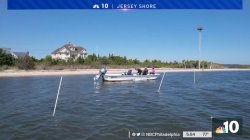
Professional Organizations
- American Society of Limnology and Oceanography
- Ecological Society of America
- Coastal & Estuarine Research Federation
- Society of Wetland Scientists
Education and Research Opportunities
Job Resources
- EARTHWORKS – careers for estuarine scientists
- Environmental Career Opportunities
- Science’s Next Wave– career information and resources
- USA Jobs – The Federal Government’s official employment site
